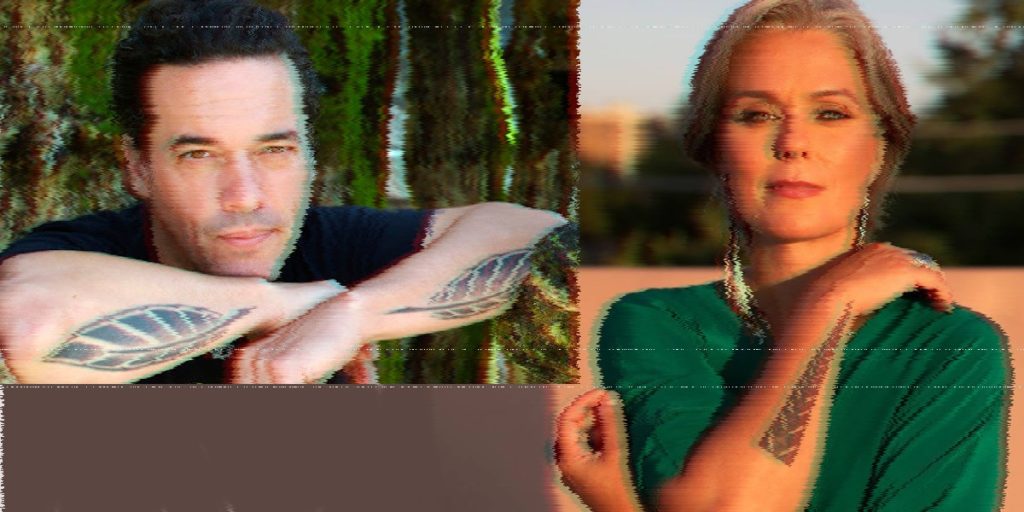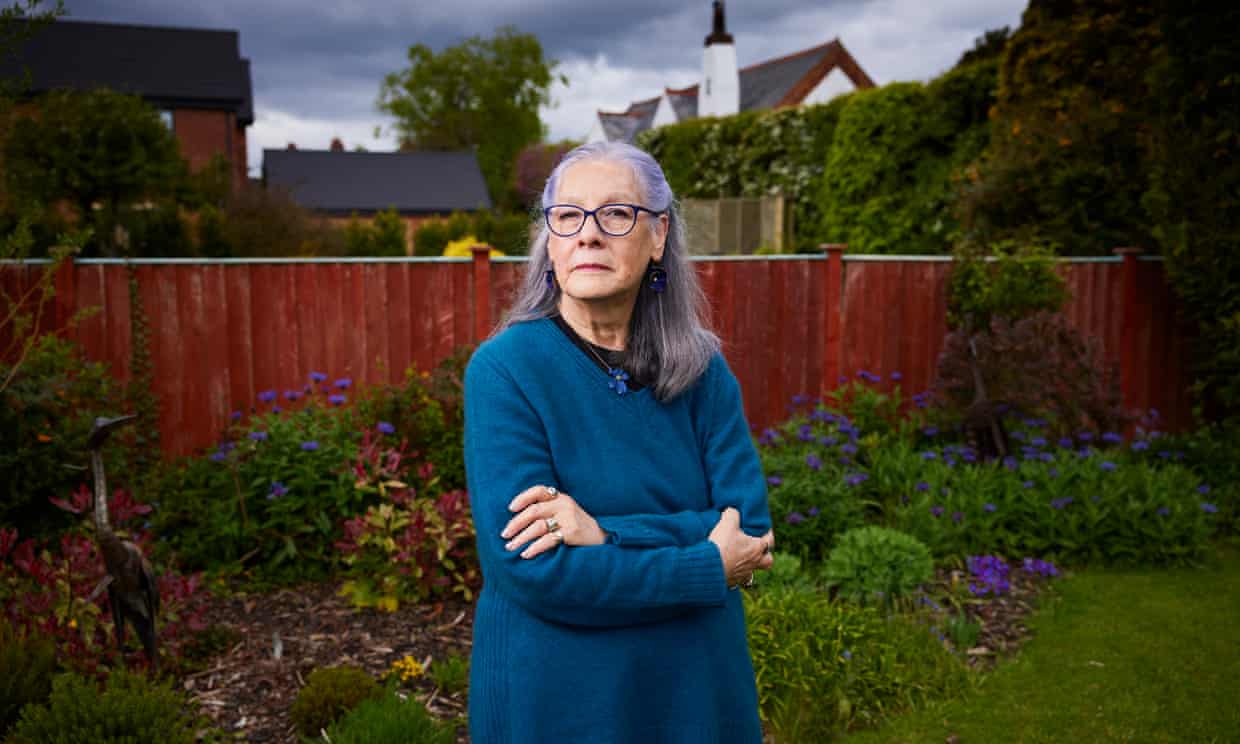S2E10 Black Feminist Physics: A Conversation with Chanda Prescod-WeinsteinPosted in Audio, Interviews, Media Archive, Social Justice, United States, Women on 2022-02-02 23:02Z by Steven |
S2E10 Black Feminist Physics: A Conversation with Chanda Prescod-Weinstein
Cite Black Women
November 2020
Christen Smith, Host
In this episode Cite Black Women podcast host Christen Smith sits down with theoretical physicist and feminist theorist Dr. Chanda Prescod-Weinstein to discuss Black feminist physics, the intersections between the matrix of violence against Black women and science, her radical Black feminist upbringing and her forthcoming book, The Disordered Cosmos: A Journey Into Dark Matter, Spacetime, & Dreams Deferred (March 2021, Bold Type Books).
Dr. Chanda Prescod-Weinstein (she/her) is an Assistant Professor of Physics and Core Faculty Member in Women’s Studies at the University of New Hampshire. She is also a columnist for New Scientist and Physics World. Her research in theoretical physics focuses on cosmology, neutron stars, and dark matter. Using ideas from both physics and astronomy, she responds to deep questions about how everything in the universe got to the be the way it is. She also does research in Black feminist science, technology, and society studies. Essence magazine recognized her as one of “15 Black Women Who Are Paving the Way in STEM and Breaking Barriers.” She has been profiled in several venues, including TechCrunch, Ms. Magazine, Huffington Post, Gizmodo, Nylon, and the African American Intellectual History Society’s Black Perspectives. A cofounder of the Particles for Justice movement, she has received the 2017 LGBT+ Physicists Acknowledgement of Excellence Award for her contributions to improving conditions for marginalized people in physics, as well as the 2021 American Physical Society Edward A. Bouchet Award for her contributions to particle cosmology. She divides her time between the New Hampshire Seacoast, and Cambridge, Massachusetts.
Listen to the interview (01:11:29) here.






